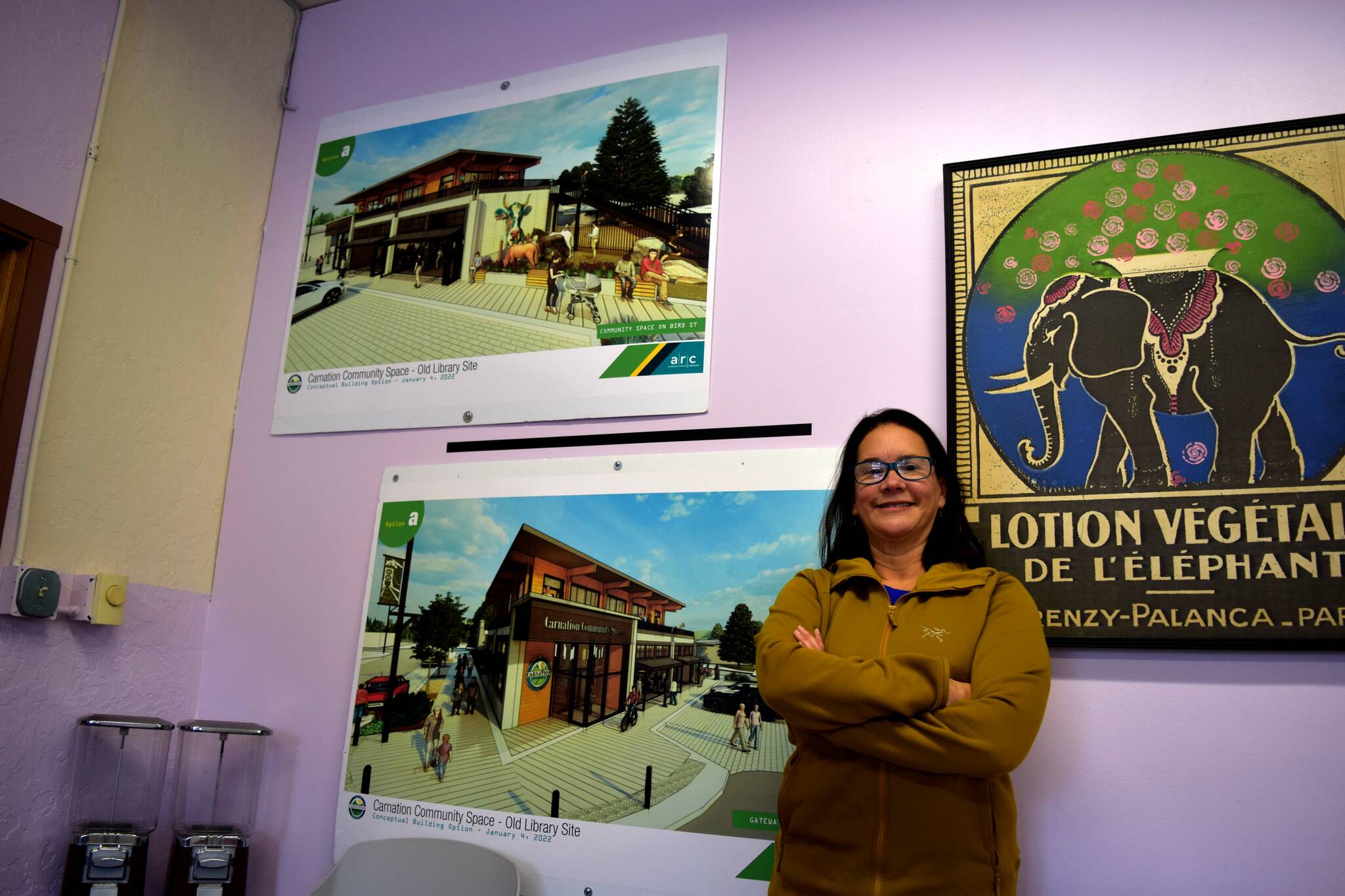When city officials snipped the ribbon to re-open Tolt Avenue last summer, it was a momentous occasion for the small but mighty Carnation.
For a city with a general fund budget of under $2 million, completing a $10 million revitalization of its downtown core was nothing to scoff at. Not only was the road repaved and sidewalks expanded, making it easier to attract visitors, but the city finally had a proper “Main Street” to aid its flourishing business district.
From the perspective of Ana Cortez, Carnation’s city manager, the work on Tolt Avenue was an imperative first step, a foundation to support a growing city and bring it into a new era.
“The city is not going to be left behind anymore,” she said. “We’re not the stagnant Carnation we were before.”
With two new housing developments in the pipeline, an additional 200 homes are expected to come to Carnation over the next several years.
While that level of growth is minuscule compared to what has happened in Duvall or the Upper Valley, it’s a change that will require the city to support an even greater level of services. It is a challenge Cortez said the city wants to tackle head on.
“We cannot just take the same business model as Bellevue or Kirkland or Snoqualmie,” she said. “Because of our size, we have to be nimble. Because of our limitations in revenue, we have to be thrifty and we have to be strategic.”
Being such a small city, Carnation already has limitations in revenue for funding the service needs of its current residents, much less future ones.
For one example, Cortez points to the city’s lone basketball hoop at Memorial Park. It’s in decay, and it needed an update decades ago, she said — but with a limited budget and maintenance at other parks, the funds are unavailable for the city to improve it.
But that is something she wants to change. Cortez said they don’t want Carnation to be just a suburb with houses and nothing else. She wants the city to be a balanced community, one that is able to meet its service needs and provide opportunities for business and employment in town.
It’s a novel change in philosophy from how the city has approached growth before, she said. For decades, even as the rest of the Valley and King County grew around it, Carnation has lagged behind, she said, often resistant to change.
But with the advent of tech giants like Microsoft and Amazon being in such close proximity, Carnation is no longer a one-company town like it was in the 1990s.
It is impossible not to be affected, Cortez said. It is not a good or a bad thing, but rather an inevitability.
“The question has been, is Carnation going to pick up the pace or pretend that it’s not there,” she said. “We’re not pretending anymore.”
Through several new projects happening in town, the city is hoping to boost its revenue and support the growing needs it expects to see.
Revitalizing Tolt Avenue is one part of achieving that mission. Cortez said while some may see it as ridiculous for such a small city to spend so much on a main street, it is reflective of the city Carnation wants to be.
The $10 million project was funded through 13 different grants following more than a decade of work, and has established a four-block retail core in the heart of the city that is more accessible to cars and pedestrians of all abilities. The city hopes it will help make downtown Carnation a vibrant and more easily accessible destination.
The city is poised to make other improvements in the near future. There are plans for land annexations and a new $4 million city hall being built at the old library site, across the street from the current site.
Negotiations are also ongoing with the Remlinger Group, a real estate company that is looking to construct a new business park at the Riverfront Property near Tolt McDonald Park. It is a project the city is hoping will add tax revenue, create a job base for the city and attract more patrons to downtown businesses.
“Our improvements have to reflect who we want to be,” Cortez said. “We want to provide services that are consistent with growth and continue being a place for families.”


